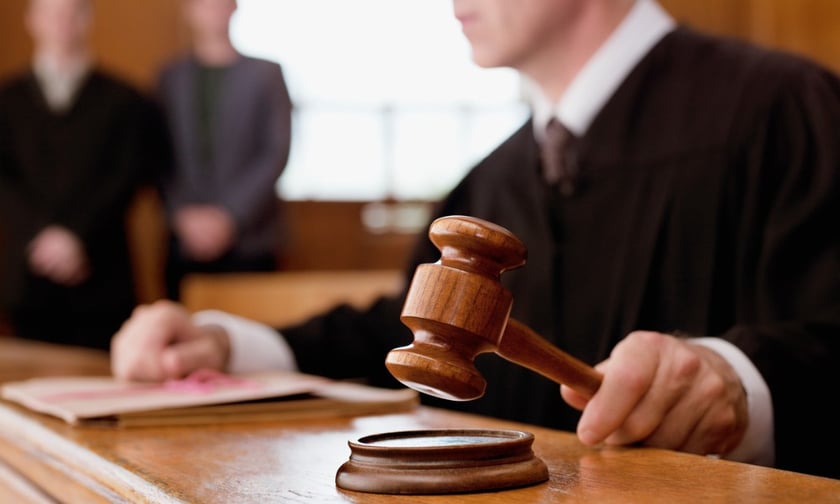

Erie Insurance Exchange is not obligated to defend or indemnify a gas station operator accused of contaminating a neighbor’s water source due to a leaking underground storage tank, according to a ruling by the Kentucky 22nd Circuit Court of Appeals.
According to an AM Best report, the legal battle began in 2019 when the Kentucky Division of Waste received complaints about petroleum odors emanating from Lane Allen Food Mart, a Valero gas station and convenience store in Lexington. State investigations revealed leaks from underground gas storage tanks. Lane Allen’s owners complied with a state order and paid a $10,000 fine.
Subsequently, the neighboring property owners, the Moberly brothers, filed a prelitigation claim against Lane Allen. They alleged that the leak contaminated a natural spring, thwarting their plans to open a bottled water facility, and sought $5 million in damages. Erie Insurance denied the claim, citing a pollution exclusion clause.
When the Moberlys filed a lawsuit against Lane Allen, Erie agreed to defend under a reservation of rights in May 2021. This legal maneuver allows an insurer to provide defense while retaining the right to dispute coverage later. In 2021, Erie sought court relief from its duty to defend or indemnify Lane Allen and the Moberlys, initiating its own lawsuit.
The circuit court initially denied Erie’s summary judgment request, claiming the pollution exclusion clauses in Erie’s commercial general liability policy were ambiguous. The court argued that the policy did not clearly exclude inadvertent gasoline leakage, thus mandating Erie to defend Lane Allen.
The appeals court overturned the decision, with Judge Kimberly N. Bunnell applying a four-part test to assess the exclusion’s clarity. She found that in most modern cases, similar exclusions for “petroleum gasoline” leaks are not ambiguous. Some courts ruled for ambiguity due to undefined terms like “gasoline” and “petroleum,” but Bunnell noted the impracticality of listing every potential pollutant exhaustively.
Next, the court considered whether the exclusion was understandable to an average person, under the reasonable expectations doctrine. The Moberlys argued that Lane Allen would see gasoline as a product, not a pollutant. However, Bunnell countered that gasoline is only seen as a product when contained; once it leaks, it becomes a pollutant.
Bunnell also examined if applying the exclusion literally would lead to absurd results. She acknowledged possible absurdities, like denying a slip-and-fall claim over a gasoline spill, but noted that this case involved significant damage from an underground leak, fitting the exclusion’s intended purpose.
Finally, the court evaluated if the purported pollutant caused actual environmental harm. Since the Moberlys’ allegations matched pollution-related damage described in the exclusion, Bunnell ruled in favor of Erie Insurance.
What do you think about this story? Share your thoughts in the comments below.
